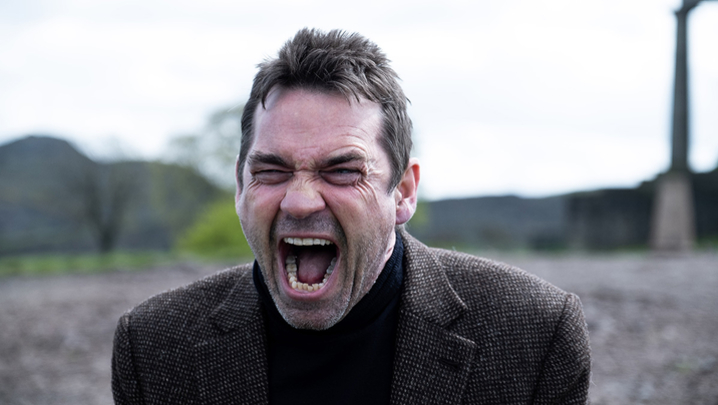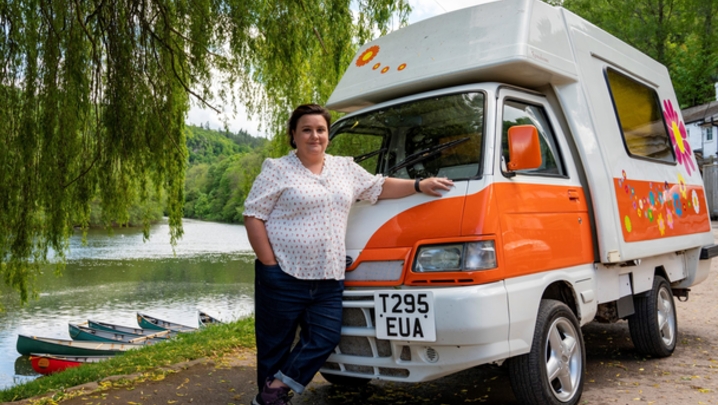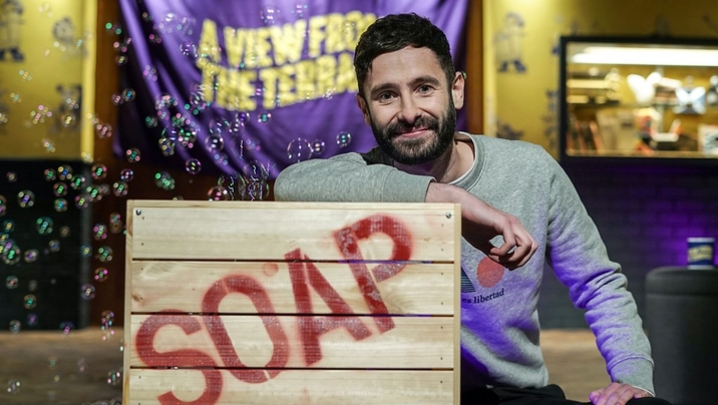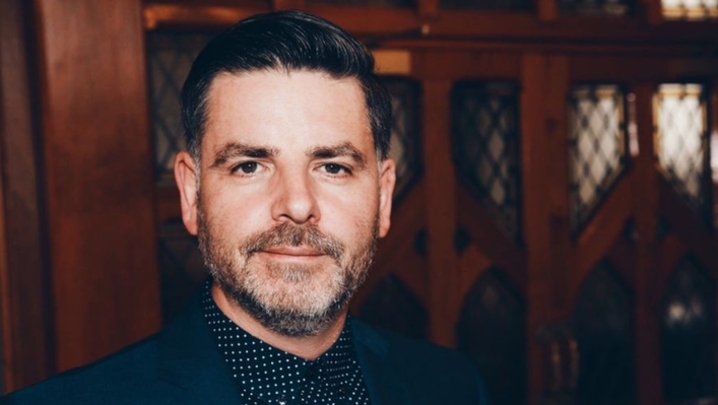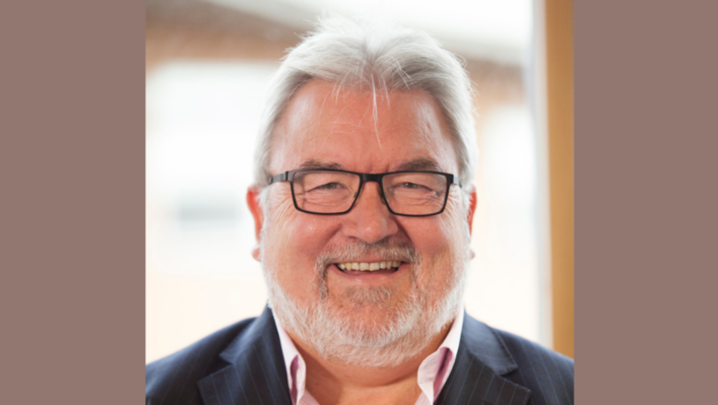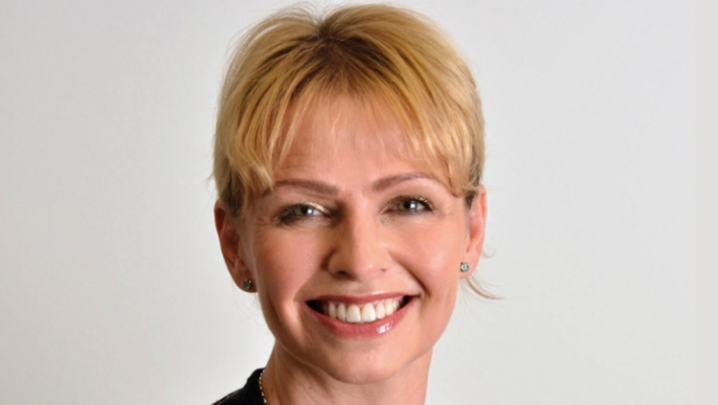ScreenSkills hosted a virtual Industry Insight session, “Behind the camera with RTS Scotland”, in November, which offered expert views from freelancers working in the camera department.
Asked about her choice of career, director of photography Mari Yamamura revealed: “I was studying to be a painter; I hadn’t thought of video as a fine art medium.
“I decided to study film instead of painting, which I can do in my own time, but I always find painting and lighting to be the same process. I get the image from reading a script and then I want to express that image on the set – that’s what I’ve been trying to do and that’s what gives me joy.”
Camera trainee Eilidh Kellaway had three tips for getting on in the industry: “As a trainee, you’re automatically considered bad at your job. There is a sort of triangle of traits that you need to keep working in the industry: the first one is be a good person, the [next] is be good at your job and the last is turn up on time.”
Camera operator Hazel Palmer, one of an all-female panel, discussed the barriers women face in the industry. She said: “It’s changed more recently and is a lot better, but [there are still] assumptions about what a camera operator is. I’ve been told to stop trying to be one of the boys when I’m lifting something heavy, just doing my job.
“A lot of people are putting women in roles thinking they’ve ticked the diversity box. So there’s a lot more than that to be done.”
The RTS Scotland event was one of a series of online employability training sessions provided by ScreenSkills.


